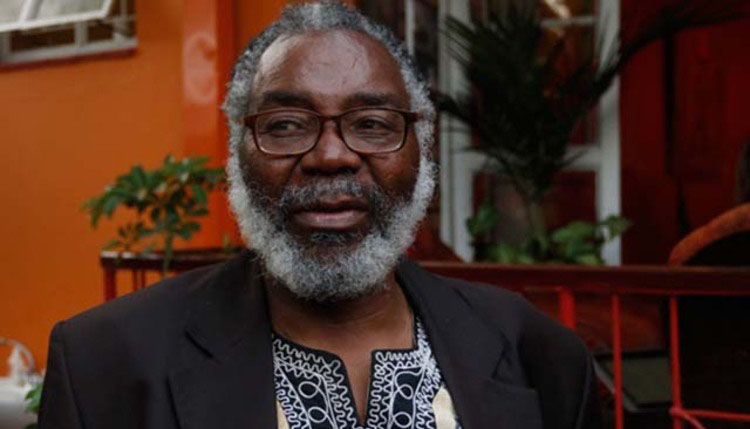
The Sunday Mail

Prince Mushawevato
CULTURE Fund of Zimbabwe Trust grants for the arts sector are now a thing of the past as artistes are now having to explore fresh avenues for funding.
The trust will for the third year in a row not be calling for arts practitioners to submit their project proposals. Key financiers of Culture Fund have pulled the plug on the arts funding establishment citing global economic instability.
Consequently, this has made it difficult for the fund to fulfil its mandate. The last grants that were issued out by Culture Fund for the creative sector amounted to slightly over one million United States dollars for the 2015/2016 funding period.
The funds benefited 41 projects. For long, Culture Fund has been a lifeline for struggling artistes as it financed critical projects for the sector. However, the beneficiaries of the 2015/16 fund may have been the last, according to Culture Fund director Farai Mpfunya.
“We no longer have grants programmes specifically for the arts sector but that does not mean we are no longer working with the creative sector. The fund used to give grants for arts programmes like album and film production, sculpture, book printing and so forth but we have since stopped doing so in the past three years because our coffers no longer permit. We might start doing so again if funds are available,” said Mpfunya.
Focus for the organisation has since shifted to “creativity for development programmes” that apparently still have donor lifeline. According to Mpfunya, this development is not peculiar to Zimbabwe.
In most parts of the world, particularly in Africa, non-governmental organisations focus on addressing social, political and economic issues through cultural programmes.
“The route we have taken is similar to what is happening internationally. Focus is now on funding culture programmes that tackle issues like health care, gender-based violence, child marriages and HIV/AIDS.
“For instance we are currently running programmes that seek to investigate the cultural norms and values causing the spread of HIV/AIDS. This has been done using music, theatre and dance programmes that we fund. The thrust is no longer on the arts in general but the overall culture aspect,” revealed Mpfunya.
The government of Sweden, through Sida, is among the few funders that have kept the Culture Fund pulse alive through resource cooperation on programmes like child marriages.
There is also the United Nations Development Programme (UNDP) funded projects that aim to promote peace and reconciliation through drama. These have been done before and after national elections to address issues of political violence and tolerance.
“Perhaps it is prudent that people understand that we are not an arts but a culture fund. Culture encompasses a lot of aspects; talk of arts, health, politics etcetera. In a way we are still promoting arts through making use of artistes like Sniper, Dorothy Meck and Eugene Mapondera in our development programmes,” emphasised Mpfunya.
“Arts must be supported because it is not just for entertainment. It is also a national duty that is crucial to the development of a country. That is why artistes like the late Oliver Mtukudzi, Cde Chinx and Charles Mungoshi have been honoured and recognised in the same way as other fallen heroes.”
Global political changes that took place recently further triggered the collapse of fund-driven aspects of the local arts industry. For instance, in the United States of America, Donald Trump’s administration and some European nations have made it clear that the arts are not a priority hence they are cutting funds in that direction.
Pundits also note western imposed sanctions are making it impossible for the organisation to fully implement its mandate. This sentiment was perpetuated when Danish Embassy through the Danish International Development Agency (Danida), pulled the plug on the organisation some two years back, moving to South Africa.
Norwegian Embassy, a key supporter of the fund also did the same.
Said Mpfunya: “…sanctions have played a role in affecting our operations in the past 20 years. Apart from funding, we have instances in which our artistes are denied visas to perform in countries like America and Canada. At the same time our ability to borrow has also been compromised.”
Culture Fund is pivotal in supporting the country’s supreme arts board, the National Arts Council of Zimbabwe, including its programmes and a number of other important national events like Intwasa Arts Festival and Women’s Arts Festival.
Meanwhile, Mpfunya was recently selected to become a member of the 2019-2022 Unesco-EU Expert Facility aimed at supporting initiatives for the implementation and promotion of the 2005 Convention on the Protection and Promotion of the Diversity of Cultural Expressions. The Expert Facility is a pool of 42 specialist advisors who provide on-demand tailored technical assistance, coaching and mentoring to parties.




